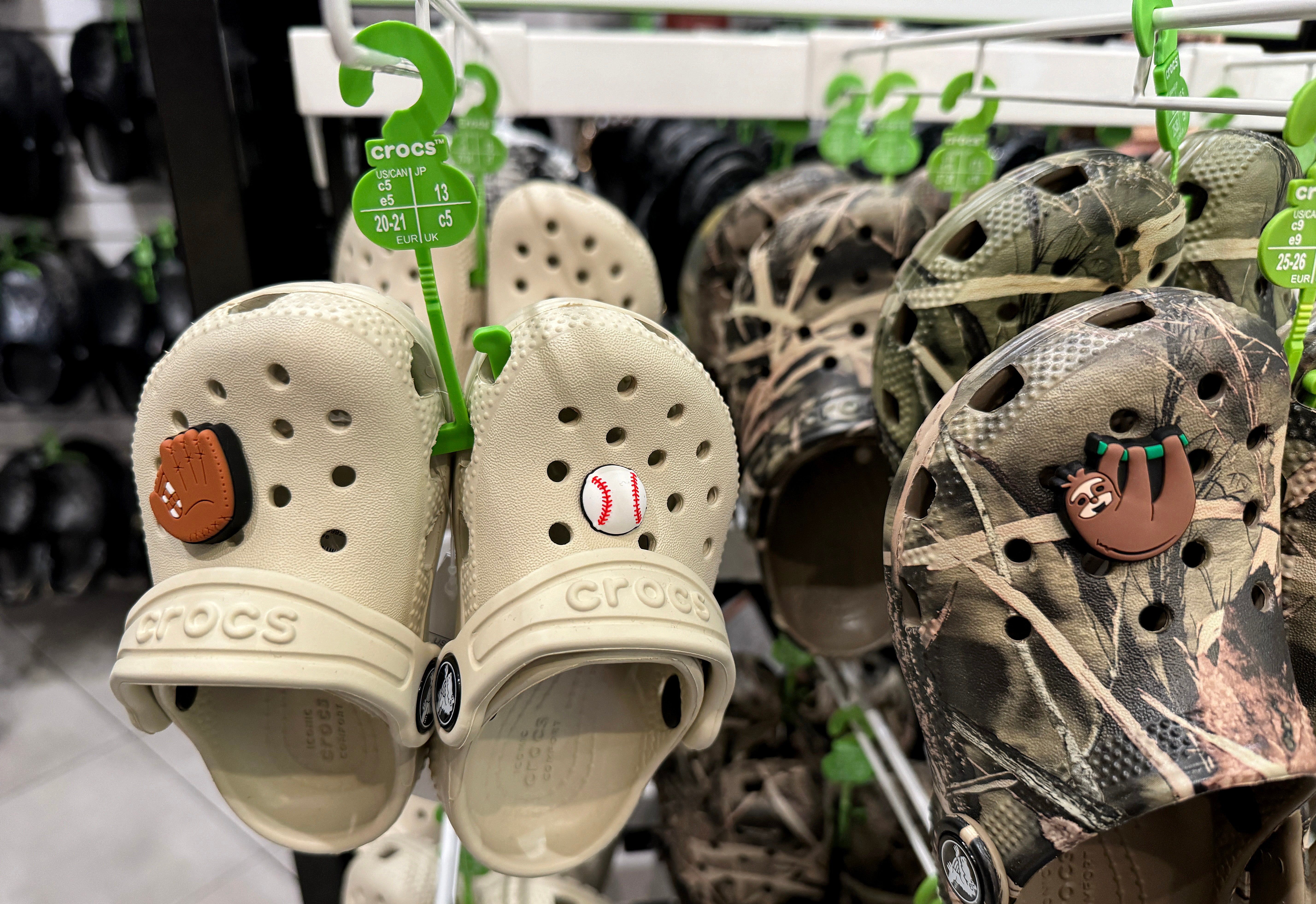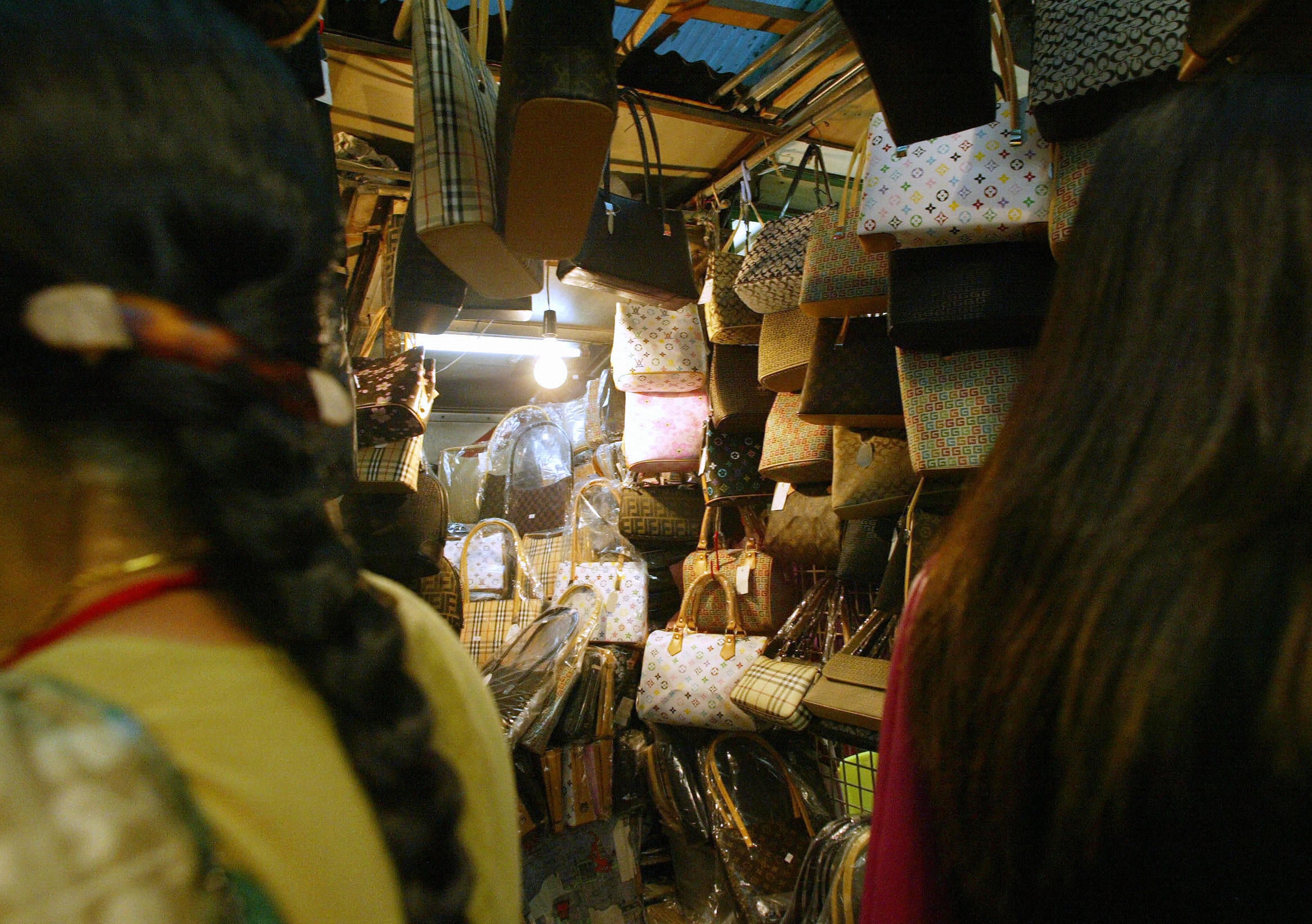
German footwear brand Birkenstock is cracking down on a growing trade in counterfeit products in India, and has filed a lawsuit in the capital against multiple manufacturers and sellers allegedly involved in producing and exporting fake versions of its products.
The infringement case, lodged in May with the Delhi High Court, names four footwear traders, four manufacturing units, and two unnamed individuals operating in and around Agra, a city in the north Indian state of Uttar Pradesh, and New Delhi, according to a report by Reuters.
According to Birkenstock, the defendants have been manufacturing imitation sandals and packaging that are nearly indistinguishable from the genuine article. The fakes, some of which have been sold both locally and internationally, mirror Birkenstock’s registered designs and trademarks to such a degree that even trained eyes might struggle to tell them apart.
The court issued an order on 26 May that authorised court-appointed lawyers to inspect the factories, seize counterfeit stock, and collect evidence. Factory visits have already been carried out, and reports have been submitted to the court, sources familiar with the matter told Reuters.
Justice Saurabh Banerjee, who presided over the case, said in his ruling that the counterfeit goods were so closely designed to mimic the originals that there is “likelihood of the public getting deceived,” with any differences being “hardly discernible to the naked eye.”
A follow up hearing is scheduled for 6 October.

The Independent has reached out to Birkenstock and the legal film representing them for comment.
Birkenstock’s legal action mirrors a wider movement among international brands fighting intellectual property theft in India.
On 2 July, the Delhi High Court overturned the 2019 dismissal of a long‑running case involving Crocs, permitting the US brand to pursue “passing‑off” claims against several Indian manufacturers for copying its clog design. The original dismissal relied on technical reasoning that overlapping design rights and common-law claims constituted a “dual monopoly”. However, the high court now ruled that the dismissal “cannot be sustained in law,” restoring Crocs’ suits and directing them for a full hearing.
Similarly, France’s Christian Louboutin had taken legal action against Indian shoe manufacturer Shutiq-The Shoe Boutique, accusing them of attempting to “pass off” replicas of its famous red‑soled stilettos, according to an Al Jazeera report. The Delhi High Court ruled in Louboutin’s favour, finding that Shutiq’s products were indeed knock‑offs with red soles and spiked styles that infringed on the brand’s design.

A 2023 Associated Chambers of Commerce and Industry of India report estimated that 5 per cent of all luxury apparel sold in India was counterfeit. A Livemint report on the thriving counterfeit business in India found that it is quite common to find designer knockoffs: for example, a Hermès sandal retailing at Rs 200,000 (£1,718) being listed for just Rs 599 (£5.15), Tory Burch handbags and Marc Jacobs sling bags replicated online, and dupes of a Rs 18,000 (£154) Labubu doll available for less than Rs 1,000 (£8.50). Birkenstock‑style cork sandals – normally priced at Rs 5,000‑8,000 (£43-69) are sold for as little as Rs 1,000 on social media platforms and e‑commerce sites.







